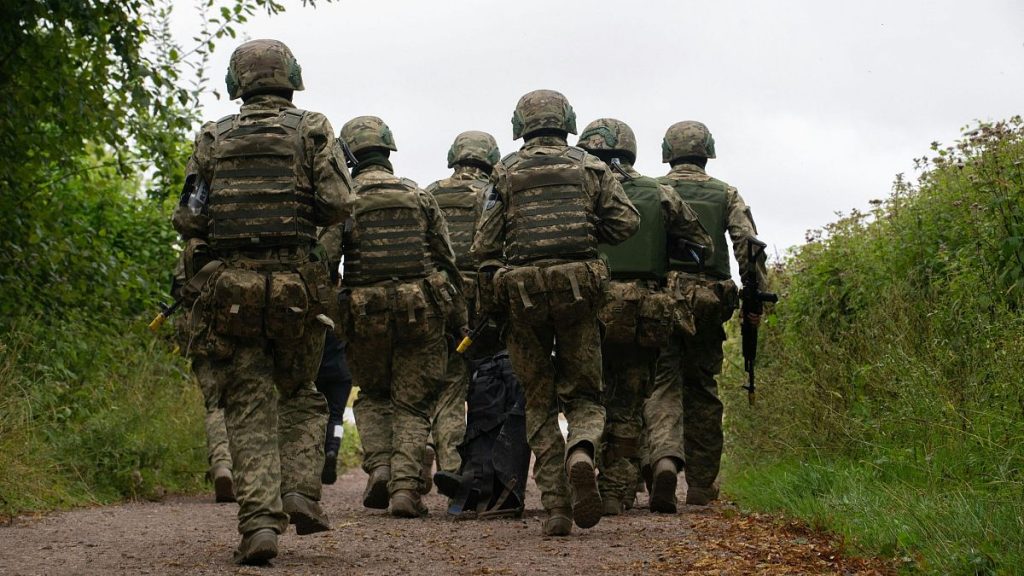Summarize this content to 2000 words in 6 paragraphs
Switzerland will become a member of the EU’s initiative to facilitate the mobilization of military forces and equipment, already including third countries such as the United Kingdom, the United States, Norway and Canada.
Switzerland will join the EU’s military mobility project, which aims to ensure the rapid and smooth movement of military staff, equipment, and assets, after member states agreed on Monday evening to send the country an official invitation. The Federal Council of the neutral country decided last August that Switzerland would participate in the EU initiative to cut red tape when mobilising armies through or between EU member states, whether by rail, road, air or sea – but member states still had to give the final go-ahead for the Netherlands, the project’s coordinator, to send the official letter of invitation. “Switzerland’s participation in the project is compatible with the principle of neutrality, as it does not entail any legal or de facto commitment to collective defence,” the Federal Department of Defence, Civil Protection and Sport (DDPS) told Euronews. Other non-EU countries, such as the United States, Canada, Norway, and the United Kingdom, are also part of the Permanent Structured Cooperation (PESCO) project, which is designed to deepen defence cooperation between member states (except neutral Malta, which does not participate in PESCO) and NATO partners. The EU’s Military Mobility Initiative acts as a Schengen for the armed forces. It enables member states’ troops to respond more quickly and effectively to crises at the bloc’s external borders or beyond, both for EU operations and for deployments in other multilateral settings such as NATO, including at short notice and on a large scale. The Action Plan on Military Mobility (2022-26) also aims to strengthen the preparedness and resilience of transport infrastructure such as railways, roads, waterways, and airports used for civil and military purposes. Following the invitation of the member states, Switzerland now only needs to conclude an administrative agreement to become a formal member. The modalities of cooperation will be set out in a non-binding administrative arrangement. The country also intends to join the Cyber Ranges Federation project, coordinated by Estonia since 2021, to improve the quality of training for the Swiss Armed Forces and deepen their interoperability. “The two projects — Cyber Ranges Federation and Military Mobility — offer the opportunity to expand international cooperation between armed forces and thus strengthen Switzerland’s national defence capabilities and contributions to European security,” the DDPS said. For the time being, Switzerland does not intend to participate in other PESCO projects, but the possibility remains for the future.


